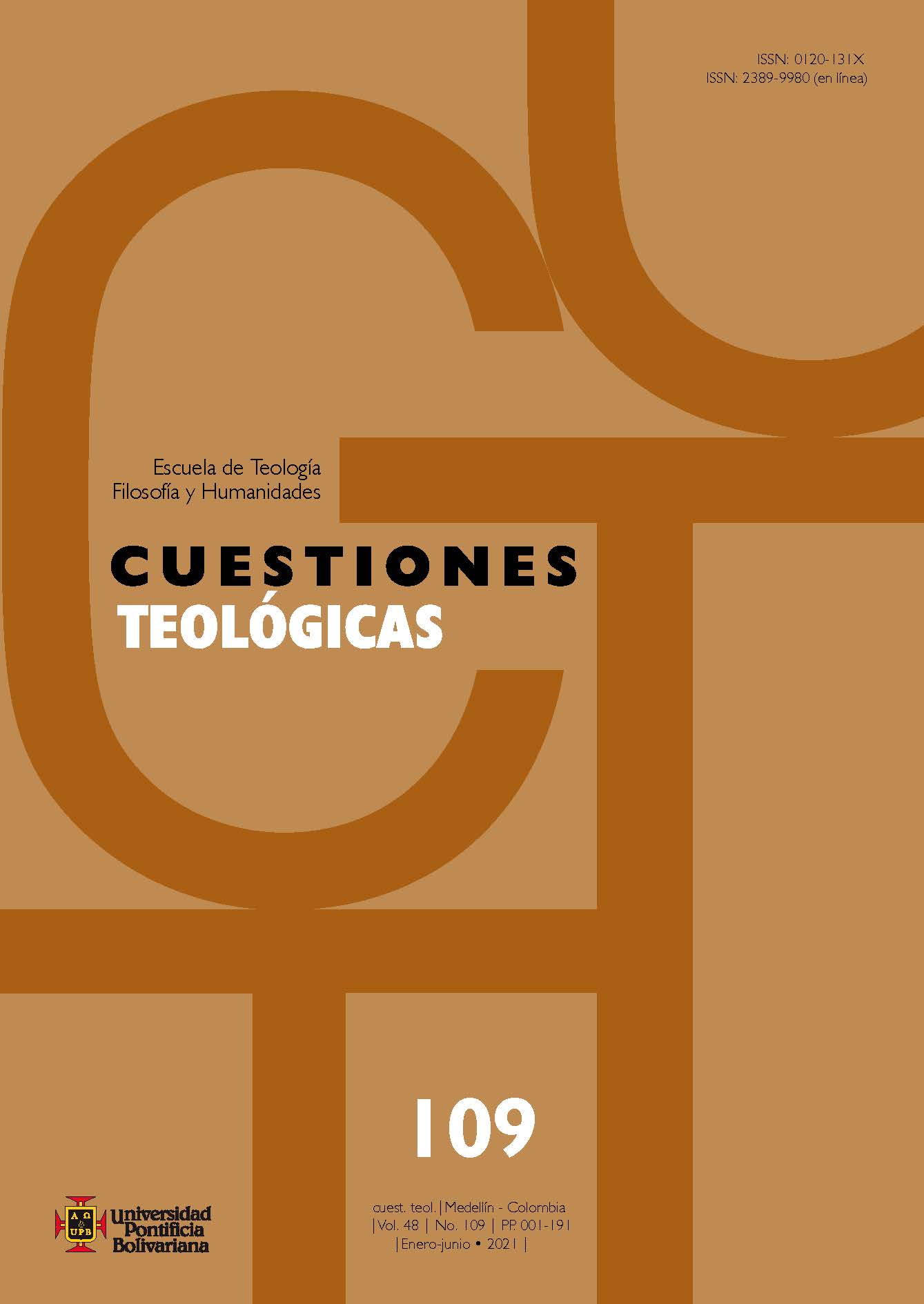The Bio-Theo-Political Paradigm of Autarchy and the Paradoxical Living God
Main Article Content
Abstract
In the Western tradition, life has been defined within the idea of reflexivity and unity. These two features of life are intertwined in what I call the Bio-Theo-Political Paradigm of autarchy, in which living beings are defined primarily as self-sufficient entities. The perfect living being, thus, will be the most autarchic, one that can achieve perfect unity within its own self- referred dynamics. This perfect living being is God, and Western theology (both Greek and Christian) conceptualized God as “thought of thought”, for only the intellect can achieve a pure reflexive unity. However, Plotinus and Jean-Paul Sartre (two very different philosophers, coming from very different traditions and in very different contexts) showed the difficulties of such a definition of God. This paper aims at problematizing the Bio-Theo-Political Paradigm of autarchy by showing its inconsistency when reaching the idea of a perfect living being. In doing so, a need to rethink life and God is fostered, a need that Christian Theology in particular should face in order to build a theology of a Trinitarian living God.
References
Aristotle (1982). Metafísica (edición trilingüe). Madrid: Gredos.
Cooper, Steven J. (2008). “From Claude Bernard to Walter Cannon. Emergence of the concept of homeostasis”. Appetite, (51), 419-427. https://doi.org/10.1016/j.appet.2008.06.005
Duméry, Henri. (1957). Le problème de Dieu en philosophie de la religion: Examen critique de la catégorie d’Absolu et du schème de transcendance. Paris: Desclée de Brouwer.
Grassi, Martín. (2018a) “Life as Autarchy: Deconstructing Bio-Theological Paradigm”. Science, Religion and Culture, 5(1), 1-12. https://doi.org/10.17582/journal.src/2018/5.1.1.12
Grassi, Martín. (2018b). “A Self-Moved Mover: The paradigm of autarchy in Jürgen Moltmann’s theology”. International Journal for Philosophy and Theology.
Grassi, Martín. (2018c). “La persona contra la comunión. La operatividad analógica del concepto de persona en el paradigma bio-teo-político de la autarquía”. Revista Tábano, (24), 13-26.
Grassi, Martín. (2020). “Self-organized bodies, between Politics and Biology. A political reading of Aristotle’s concepts of Soul and Pneuma”. Scientia et Fides, 8(1), 123-139. https://doi.org/10.12775/SetF.2020.005
Michalewski, Alexandra. (2012). “Le premier de Numénius et l’Un de Plotin”. Archives de Philosophie, 75 : 29-48. https://doi.org/10.3917/aphi.751.0029
Plotinus. (1966). Enneads. London; Cambridge, MA: William Heinemann, Harvard University Press. The Loeb Classical Library. VII Volumes. Translated by A. H. Armstrong. https://doi.org/10.4159/DLCL.plotinus-enneas.1969
Rikhof, Herwi. (2009). “The current renaissance of the theology of the Trinity”. Bijdragen, 70(4), 423-457. https://doi.org/10.2143/BIJ.70.4.2044777
Sartre, Jean-Paul. (1956). Being and Nothingness: An Essay on Phenomenological Ontology. New York: Philosophical Library. Translated by H. E. Barnes.
Sartre, Jean-Paul. (1996). L’existentialisme est une humanisme. Paris: Gallimard.
Thomas Aquinas. (1943). Compendium Theologiae. Buenos Aires: Editora Cultural.
Thomas Aquinas. (1994). Summa Theologiae. Madrid: BAC (Latin versión in 5 volumes).
Zamora Calvo, José María. (2016). “El primer principio, ‘potencia de todas las cosas’, en Plotino”. Éndoxa: Series filosóficas, (38), 131-144. https://doi.org/10.5944/endoxa.38.2016.16596






